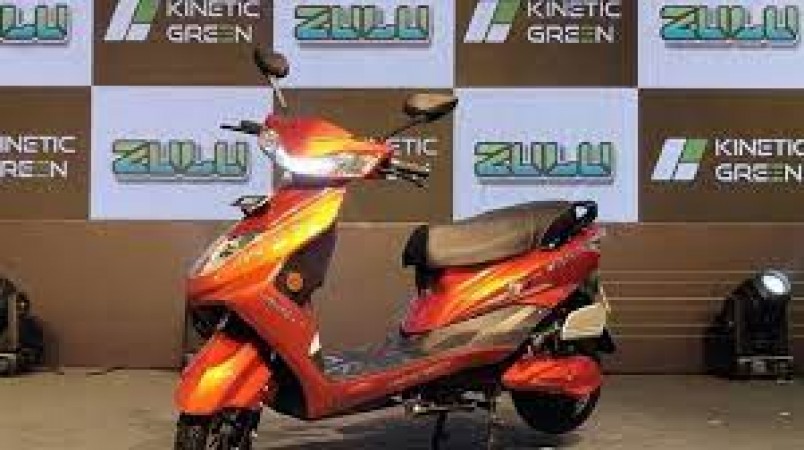
In the bustling realm of electric vehicles (EVs), where innovation and branding reign supreme, a clash over a seemingly innocuous name has emerged, pitting two companies against each other in a legal skirmish. The protagonists in this saga are Yulu, an Indian-based electric mobility startup, and Zulu, a US-based electric truck manufacturer. The bone of contention? The striking similarity between their names, which has sparked a debate over intellectual property rights and brand identity. Let's delve into the heart of the matter.
Yulu, founded in 2017 by Amit Gupta and Naveen Dachuri, envisions a future where urban transport is sustainable, efficient, and accessible to all. The company's fleet of electric bicycles and scooters offers last-mile connectivity solutions, reducing traffic congestion and carbon emissions in crowded cities.
Since its inception, Yulu has garnered widespread acclaim for its innovative approach to urban mobility. With operations in multiple Indian cities and ambitious plans for global expansion, the company has become a formidable player in the EV landscape, championing the cause of green transportation.
In a bid to revolutionize the freight transport industry, Zulu burst onto the scene with a mission to develop electric trucks that combine sustainability with unparalleled performance. Led by a team of seasoned engineers and industry experts, the company aims to usher in a new era of clean, efficient logistics.
Zulu's cutting-edge electric trucks boast advanced features such as long-range capabilities, fast charging, and autonomous driving capabilities. With a focus on reliability and scalability, the company aims to address the growing demand for eco-friendly freight solutions worldwide.
The juxtaposition of "Yulu" and "Zulu" has led to confusion among consumers and stakeholders alike. Critics argue that the similarity in names could dilute brand identity and lead to potential trademark infringement issues. As both companies strive to carve out their niche in the EV market, the battle over branding has intensified.
In response to the perceived infringement, Yulu has initiated legal proceedings against Zulu, citing trademark violations and seeking redress. The outcome of this legal showdown remains uncertain, with implications for both companies and the broader EV industry.
The clash between Yulu and Zulu underscores the significance of distinctive branding in the competitive EV landscape. Establishing a clear and differentiated identity is crucial for companies to stand out amidst a sea of competitors and resonate with consumers.
While innovation drives progress in the EV sector, companies must tread carefully to avoid encroaching on existing trademarks. Conducting thorough due diligence and consulting legal experts can help mitigate the risk of brand conflicts and safeguard intellectual property rights.
Amidst the legal wrangling, there remains a glimmer of hope for a resolution that benefits both parties. Whether through mediation or negotiations, finding common ground could spare Yulu and Zulu from protracted litigation and allow them to focus on their respective missions.
As the EV industry continues to evolve, collaboration and cooperation are essential for driving collective progress. Rather than engaging in drawn-out legal battles, companies can explore opportunities for synergy and partnership, leveraging each other's strengths to accelerate innovation and sustainability.
In conclusion, the clash between Yulu and Zulu serves as a cautionary tale of the complexities surrounding brand identity and intellectual property in the burgeoning EV sector. As these companies navigate the legal maze, the broader industry stands to benefit from lessons learned and a renewed commitment to innovation, originality, and collaboration.
No need to stand in line to fill air in tyre! This device will work easily
Ford's re-entry in India, these models including Endeavor-Mustang will be imported